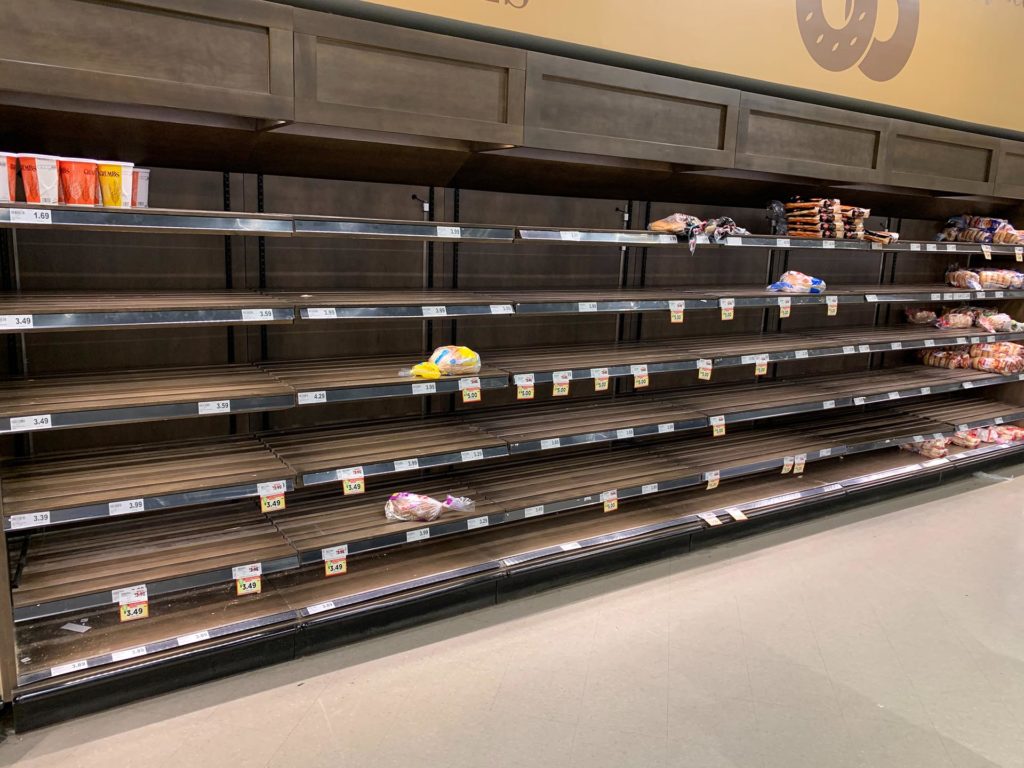Zero hunger… how can universities achieve this target?

Dr Claire Blennerhassett’s study is about food insecurity, university students are typically reliant on term-time employment to bridge the gap between loans and maintenance grants, and living costs (including food), which is estimated to be approximately £233 per month (Brown, 2020), however many students were laid off or lost shifts due to COVID-19 (Owens, et al, 2020). The impact of this has been highlighted in recent news reports, with many unable to pay rent or eat their usual foods (The Guardian, 2021).

According to a survey conducted with university students (participants from the UK and USA) in April 2020, 35% of university students had low or very low levels of food security (Defeyter, et al 2020), defined by Department of Health, as the inability to afford or have access to food to make up a healthy diet. Furthermore, 41% of students were worried that their food would run out. Unsurprisingly, students most effected by food insecurity were those living alone, with 32.3% very low food security, compared to 11.7% of those living with parents or 11.3% living with a spouse or partner (Defeyter, et al 2020). Since then, the UK has had further periods of lockdown restrictions, the most recent, lasting 3 months since Christmas, which likely increased the financial strain on students. While some students may have returned home due to unmanageable living costs, there has been a marked increase in families in poverty (Whitehead, 2021), therefore students returning home may not be protected from food insecurity.

To further understand student’s experiences of food insecurity (who is affected and how are they affected), Dr Claire Blennerhassett, along with partners at Liverpool John Moores University is conducting a mixed method research study of students in the UK. This involves two methods of collecting data:
- An online survey of university students, which is open to students from all higher education institution within the UK. Students do not need to have experienced food insecurity to take part in the survey. They can take part by completing the survey, after reading the preceding participant information sheet: https://edgehill.onlinesurveys.ac.uk/term-time-working-and-food-security-extended-survey
- Interviews (phone, online or face-to-face) with a sample of university students who have experienced of food insecurity (e.g. eating less than normal due to lack of money). Students can register their interest in this part of the research by submitting their contact details here: https://edgehill.onlinesurveys.ac.uk/food-insecurity-and-term-time-employment-booking-system-fo

